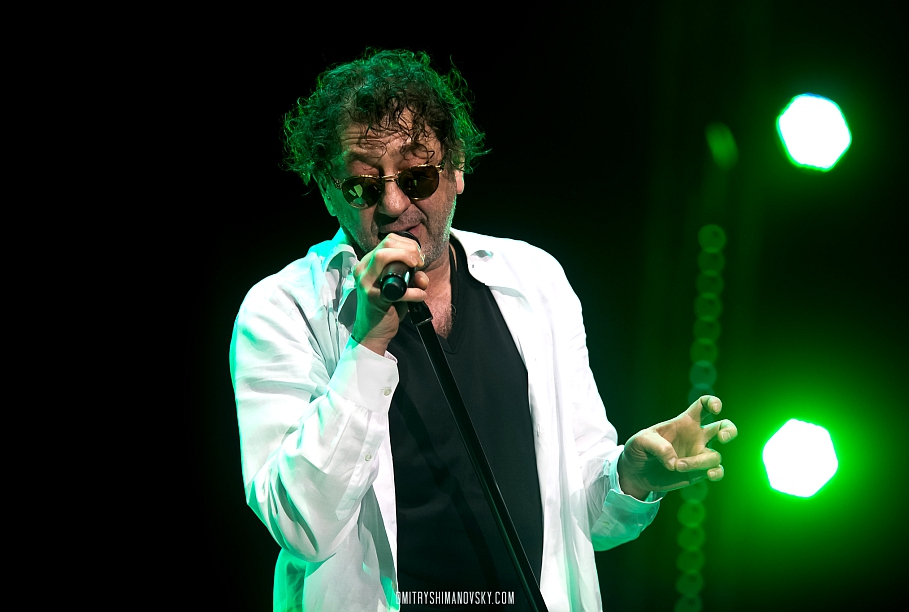The announcement came from Foreign Minister Edgars Rinkēvičs via social media network Twitter.
Pamatojoties uz valsts drošības iestādes izvērtējumu un Imigrācijas likuma 61.panta 2.daļu, esmu pieņēmis lēmumu par Krievijas Federācijas pilsoņa Grigorija Lepsveridzes iekļaušanu Latvijas Republikai nevēlamo personu sarakstā, nosakot liegumu ieceļot Latvijā uz nenoteiktu laiku
— Edgars Rinkēvičs (@edgarsrinkevics) November 1, 2019
"On the basis of the evaluation of the State Security Service and Section 61 (2) of the Immigration Law, I have made a decision to include Grigory Lepsveridze, a citizen of the Russian Federation, in the Republic of Latvia's list of unwanted persons," the minister wrote, without giving details of any specific act or statement the singer might have made to lead to such a measure.
'Lepsveridze' is Leps' real name. He is one of the most popular singers in Russia and was performing in Latvia as recently as July at an event staged by Latvian singer Laima Vaikule.
Leps had been due to perform in Rīga on February 23, 2020 and Valmiera two days later. According to his Facebook page he is currently on tour in Germany.
He is by no means the first Russian singer to be added to the list with previous performers including Yosif Kobzon (now deceased), Oleg Gazmanov, and Alla Perfilova, better known as 'Valeriya', all told they were not welcome for comments they made about Ukraine.
A year later, Rinkēvičs also made it clear a Russian army choir was not welcome in Latvia.
Nor is Leps a stranger to blacklists. In 2013 the US Department of the Treasury blacklisted him along with five others for alleged links to a mafia clan called the "Brothers' Group".
"Grigory Lepsveridze couriers money on behalf of Vladislav Leontyev," the US Treasury said, noting that he was known by the nickname "Grisha".
"The Brothers’ Circle is a criminal group composed of leaders and senior members of several Eurasian criminal groups that are largely based in the countries of the former Soviet Union, but which also operate in Europe, the Middle East, Africa, and Latin America. The Brothers’ Circle serves as a coordinating body for several criminal networks, mediates disputes between individual criminal networks, and directs member criminal activity globally," the Treasury said.





























